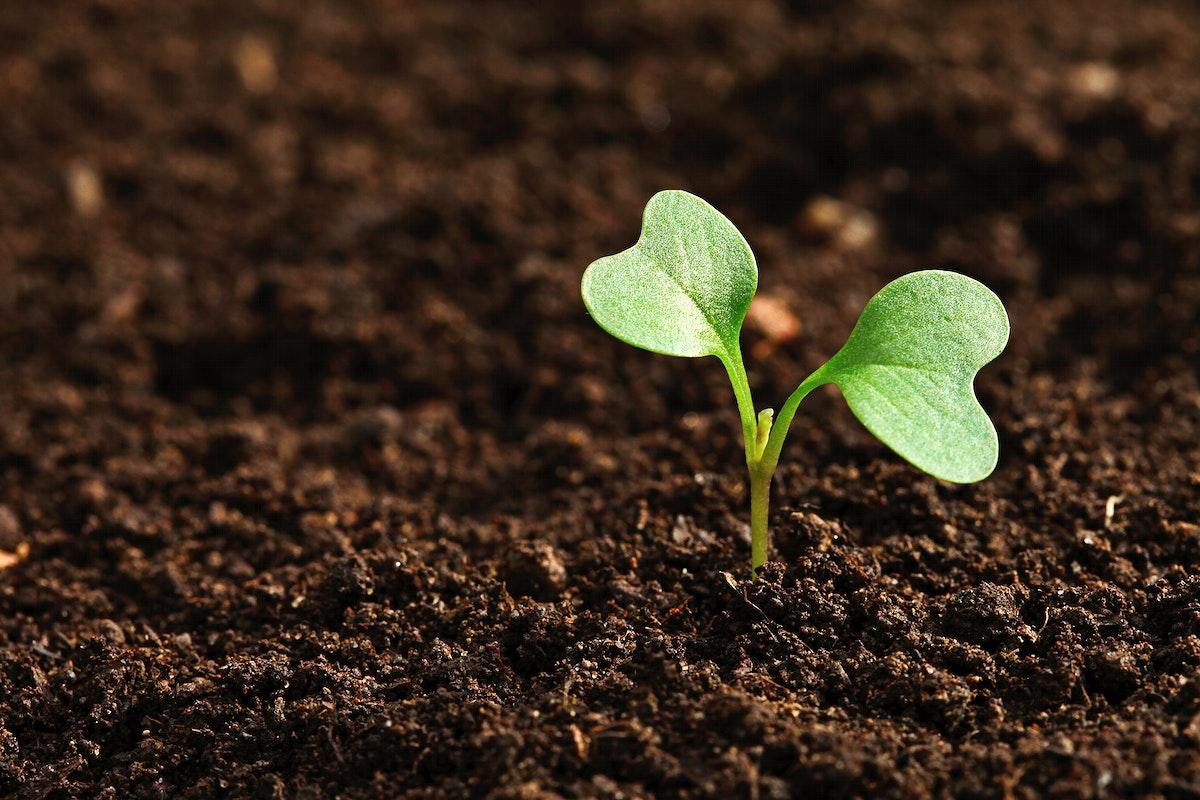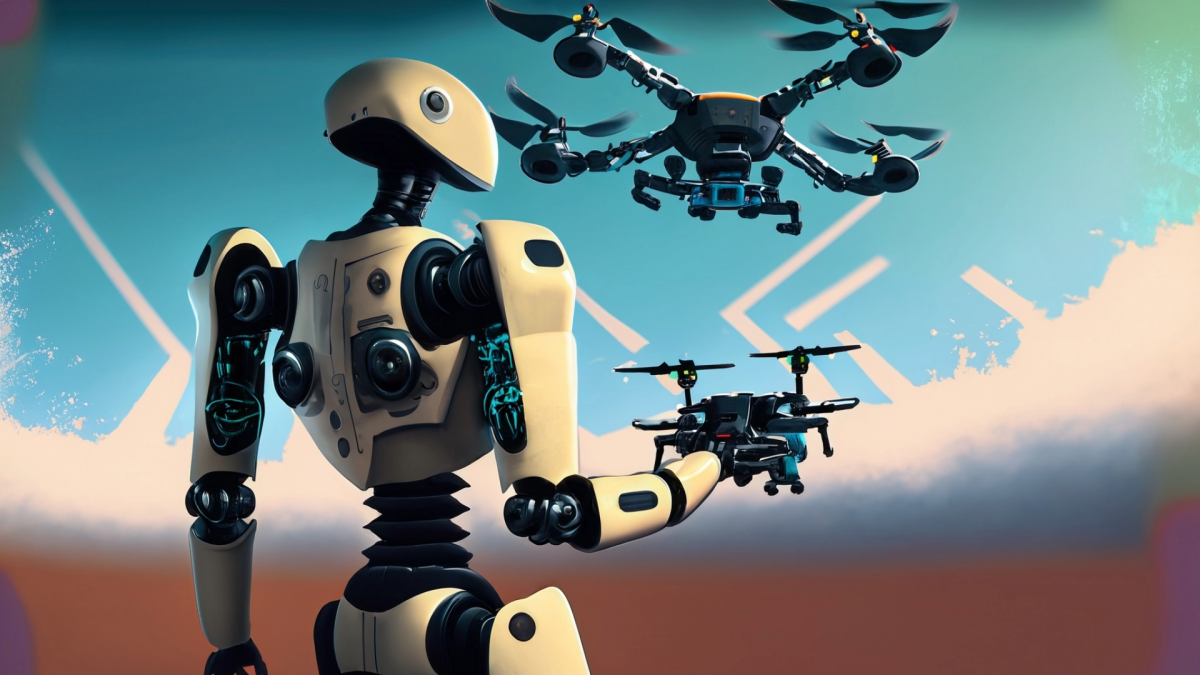
“A Whole New World” (Soil Exploration Unit) Part 3: Compost Community
by Lisa Moberg
Teachers don't talk trash, they talk COMPOST!! Compost is the best way to teach students the value of community as they create a Classroom Compost Program. In this 3-day introductory lesson, students will create a Compost Recipe and Compost Poster. It will conclude with month-long Classroom Composting Project. This lesson will not just reinforce the value of teamwork and community, it will facilitate academic conversations and writing skills. The lesson concludes with a hands-on evaluation of the composting program, emphasizing life science skills and concepts as students dig into their whole new world of compost.
Lesson Plan Link/URL
https://docs.google.com/presentation/d/1MvFqb1IA9MuWmn02xmOeVNgZZkFqGN9w/edit?u…Subject Area
Science Life Science L1: Cells L2: Organisms & Energy Technology 2. Digital Citizen Mathematics Measurement and Data (MD) English Language Arts (ELA) Reading (Literature) Reading (Informational Text) Writing Speaking & Listening
Featured
Off
Related Content

Grades:
9th Grade, 10th Grade, 11th Grade, 12th Grade
This STEM Argumentative Research Project engages students in exploring the scientific, ethical, and societal implications of themes in Mary Shelley's "Frankenstein." Students will work in groups to

Grades:
Kindergarten, 1st Grade, 2nd Grade, 3rd Grade
Students will learn about the engineering design process by working in small groups to identify a problem, then design and create a solution, inspired by the main character's creativity and problem

Grades:
3rd Grade
This lesson is about exploring Arizona's state bird, the cactus wren, that lives in the desert, has special body parts and behaviors that help it survive in its harsh environment. Students will learn